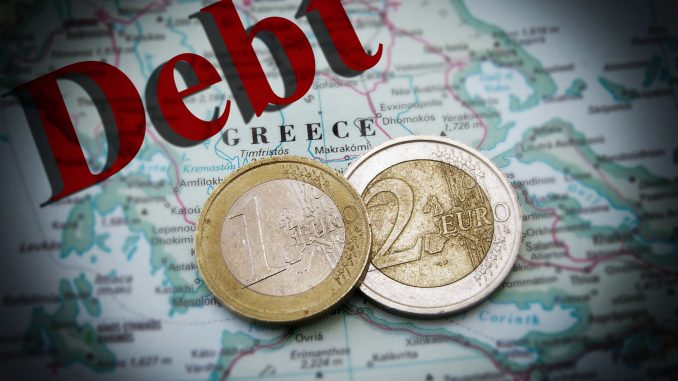
Greece has found itself cash-strapped and has come to an agreement with its creditors in Europe on an initial loan instalment of £8.5 billion.
Greece was at the blink of bankruptcy, but on June 15 European creditors saved the day by agreeing to lend billions of pounds in a fresh financial support. Finance ministers in Eurozone decided to give £8.5 billion in form of a bailout fund in efforts to assist boost the recovery of economy in Athens, Greece.

This latest addition of funds will save the country the risk of failing to pay its existing £7 billion debt settlement which was expected to be made in the coming month. This agreement comes after the country had experienced financial instability for several months. There were contentious issues between the EU and the IMF on the best way forward to reduce the considerable debt. The IMF had on several occasions asked Germany and other economic giants in Eurozone to step up their debt relief to Greece and has also insisted on more clarification as far as the long-term solutions for the country are concerned.
Since 2010, Greece has had external financial intervention three times and Germany has always been a major contributor to the debt relief for Greece.
Now that the two parties have come to an agreement, the IMF is expected to join the continuous debt relief program formally. At the same time, even with this commitment, the IMF will not pledge more than £2 billion in financial aid because Eurozone is expected to give the remainder of the money required to meet the costs of the bailout.
Jeroen Dijsselbloem, who is the Dutch minister of finance said that in his opinion, the decision was a step in the right direction. Jeroen chaired the meeting between the two parties. He continued to say that this being the last year of the financial aid programme for Greece, there were plans to set up an exit strategy that will be progressive for Greece so that it can now financially stand on its own in the coming year.
During the discussions, the ministers in the Eurozone agreed that it would be right to offer more financial aid to Greece so as to make the outstanding debt more bearable whereby the creditors gave an option of extending the repayment period by 15 years and networking them with growth rates.
Alexis Tsipras, the Greek Prime Minister was hoping that the debt would be written off, but the decision reached was positively received in Athens. The Finance minister Euclid Tsakalotos said in a statement to reporters that there was some light at the end of the tunnel that Greece had been in a while.
Germany has been the major contributor in the three times that Greece has had to be bailed out and Germany was threatening to step out of the support programme if IMF was not going to give funds towards this programme. This caused serious disagreements between the fund and the EU. The decision was reached when the pressure for time became too much and Greece felt relieved once the agreement was made since it had already been warned that if they do not receive additional aid, the debt could rise to 250% of their GDP by the year 2050.